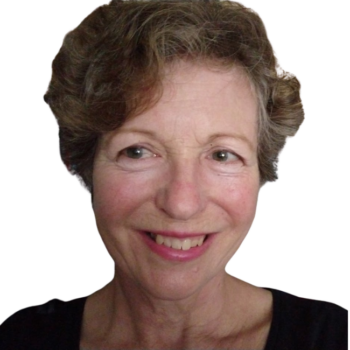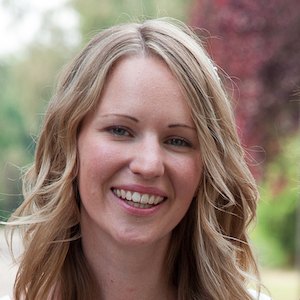Sessions become available on Monday morning each week. While there are set deadlines for posting your work and giving feedback to fellow classmates, our 24/7 digital campus means you can work through the course material at your own pace. This course is flexible, with no pre-recordings or live classes, so you can dip in and out, fitting your study around work or family commitments.
Session 1: Introducing Writing Groups – What is a writing workshop? We’ll begin by considering the history of writing groups and the variety of settings and people that they might include. We’ll look at what you want to gain personally from the course and start thinking about the sort of group you’d like to run.
Session 2: How Do Groups Work? – We’ll consider the psychology of groups and what makes them tick, with reference to existing principles including transference and projection. You’ll consider your own experience of group dynamics and how this will affect your practice and workshop plan.
Session 3: Being a Facilitator – What kind of group facilitator will you be, and what skills will you need? We’ll discuss facilitation styles and using writing and reflection, and will start to explore the style in which you will run your group.
Session 4: Planning and Managing – We’ll look at how to structure a session or group series, how to establish goals and evaluate outcomes. You’ll think about goals for your own writing group and content for the sessions.
Session 5: Staying Safe – This week we’ll consider the important issues of ethics and the legalities of running groups and keeping ourselves safe through mentoring and supervision. You’ll put your own ideas forward on how to deal with these challenges.
Session 6: Putting it All Together – You’ll complete the course by writing a mission statement based on your learning so far. With the support of your tutors and fellow learners, you’ll put the finishing touches to your writing group project proposal and outline your plans for the future.
After finishing the course you might like to explore our companion course, Introduction to Therapeutic and Reflective Writing.
































